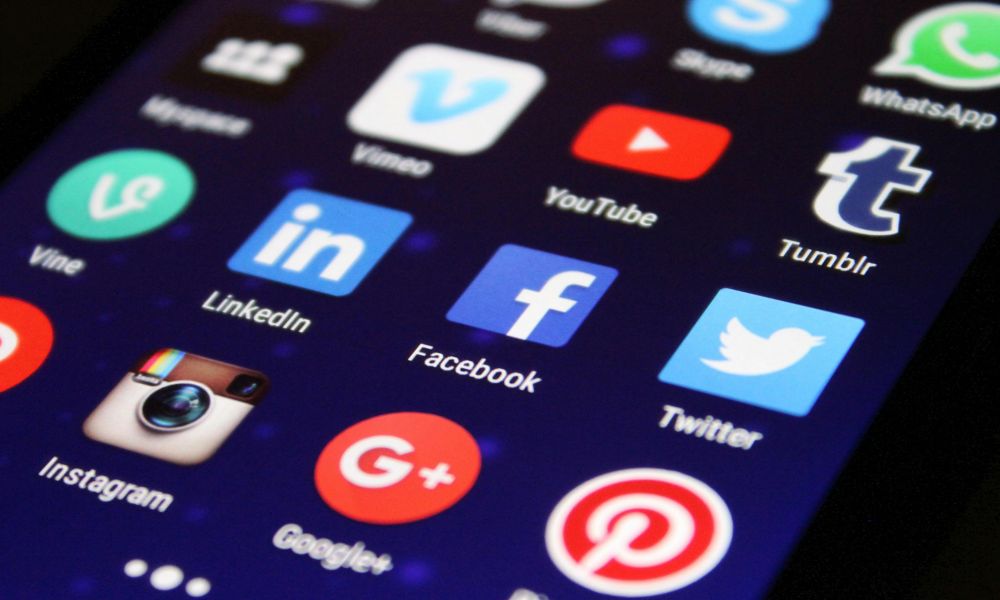What Is Wizz? A Complete Guide to This Social App

Social networking apps are evolving, and Wizz is one of the newest platforms gaining popularity among teenagers. But what is Wizz exactly, and is it safe? While the app promotes making new friends, it has raised concerns regarding privacy, security, and potential online dangers.
If you’re a parent, guardian, or even a young user wondering about Wizz’s safety, this guide will provide everything you need to know. We'll discuss how Wizz works, the potential dangers of using it, the app’s built-in safety features, and how to monitor Wizz effectively.
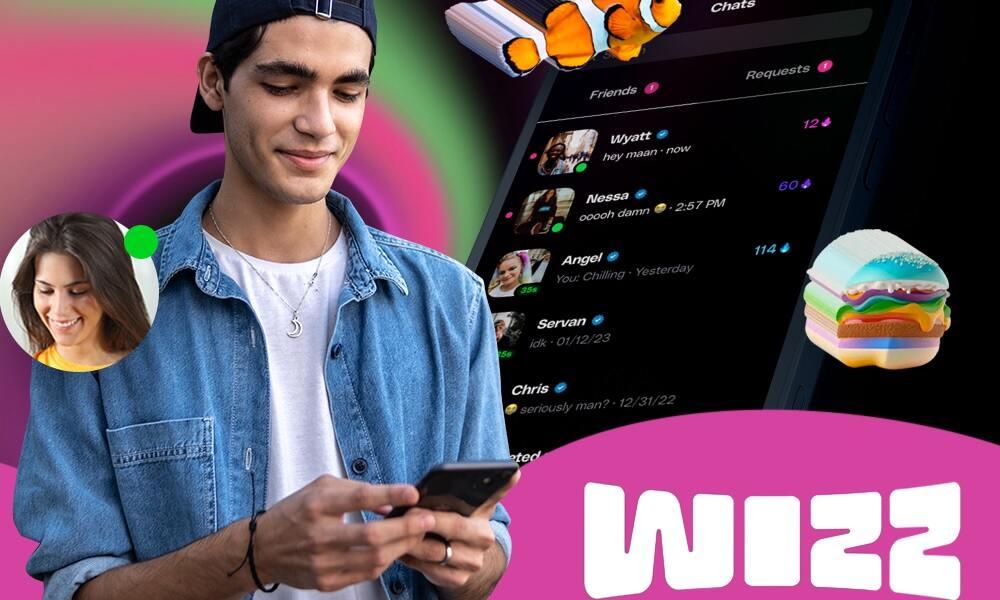
What Is Wizz and How Does It Work?
Wizz is a social networking app that allows users to meet new people based on shared interests. It operates through a swipe-based system, similar to Tinder, where users browse through profiles and connect with others they find interesting. The app markets itself as a platform for making friends rather than dating, but the nature of one-on-one conversations means it can sometimes be used for more than just friendship.
Unlike mainstream social media platforms like Facebook, Instagram, or Snapchat, Wizz primarily focuses on introducing users to new people rather than connecting them with friends they already know. This unique aspect makes it more engaging but also riskier. Many parents worry about their children interacting with strangers on the app, leading to concerns about online safety, cyberbullying, and inappropriate content.
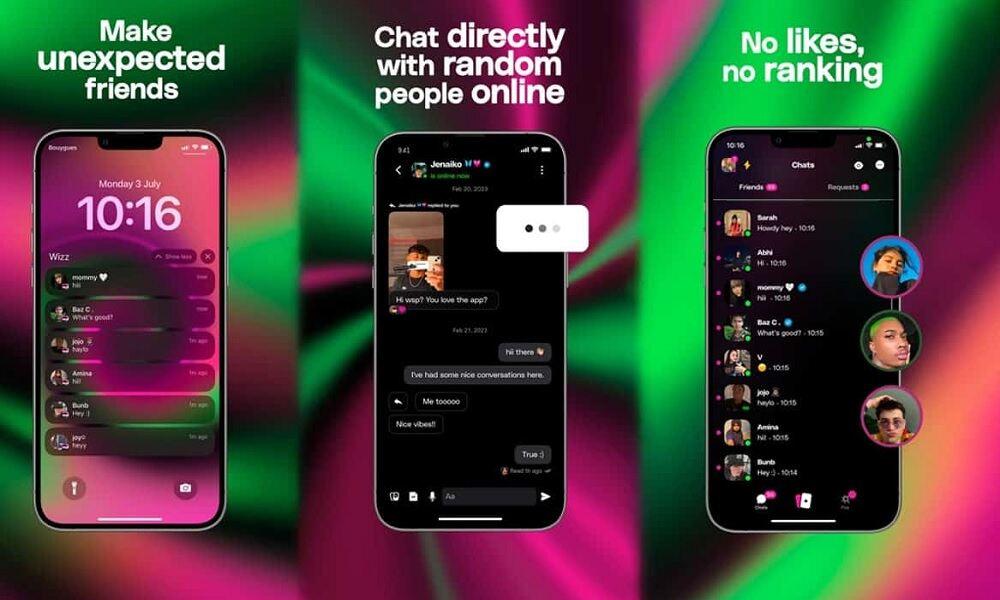
Wizz is primarily designed for teenagers and young adults, though people of all ages can use the platform. However, the lack of strict identity verification raises concerns about underage users and potential online predators posing as teens.
Key Features of Wizz
Wizz is designed to make connecting with new people easy and engaging. Here are its key features that enhance user experience and interaction:
- Swipe-to-Connect – Users swipe through profiles and send friend requests to those they want to chat with. The interface is designed to be quick and engaging, making it easy to spend hours browsing.
- Instant Messaging – Once a match is made, users can start chatting immediately. Unlike platforms where messages are restricted until both parties accept a request, Wizz allows free-flowing conversations.
- Profile Customization – Users can add profile pictures, a short bio, and personal interests. This helps match people with similar hobbies and preferences.
- Public and Private Chats – Wizz offers both one-on-one messaging and group chats where users can discuss common interests with multiple people.
The app encourages friendly conversations, but since interactions are largely unmoderated, there is a risk of encountering inappropriate content or harmful users.
Is Wizz Safe? Security and Privacy Concerns
When using any social networking app, safety and privacy are important considerations. Here’s how Wizz addresses security concerns and what users should know before engaging on the platform:
Official Safety Measures
Wizz has implemented several security features to protect users and provide a safer online experience. The app requires age verification during sign-up, helping to ensure that users fall within the correct age category. Additionally, Wizz employs content moderation, filtering inappropriate language and explicit content to some extent. Users also have access to reporting and blocking tools, allowing them to take action against suspicious or harassing individuals.
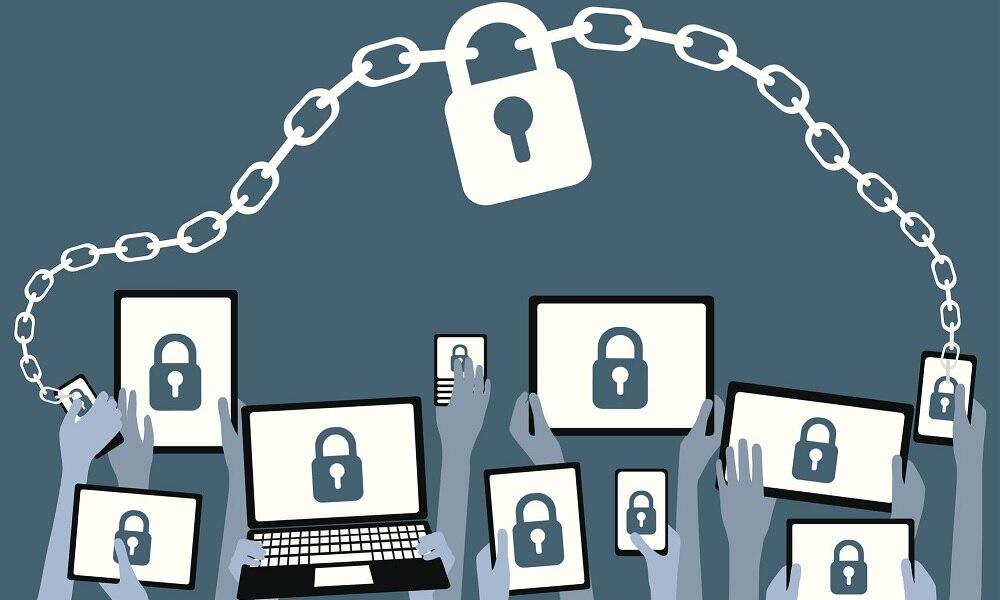
Despite these measures, the app's security is not foolproof. Age verification can be easily bypassed by users inputting false information. While content moderation exists, it is not always effective at catching all harmful messages. Reporting and blocking tools place the responsibility on users rather than proactively preventing harmful interactions. As a result, young users may still be exposed to potential risks despite these safety features.
Advantages of Official Safety Measures:
- Helps prevent underage users from accessing the app.
- Provides reporting and blocking tools for user safety.
- Filters some inappropriate content.
Disadvantages of Official Safety Measures:
- Age verification is not foolproof; users can fake their ages.
- Content moderation is limited and may not catch all harmful messages.
- Reporting features rely on user action rather than proactive protection.
While these measures offer some protection, they are not enough to fully safeguard young users from online risks.
5 Potential Dangers of Using Wizz
While Wizz offers an engaging way to connect with new people, it also comes with certain risks that users should be aware of. Here are some potential dangers to consider before using the app:
1. Unverified Profiles and Online Predators
Since Wizz does not have a strict verification process, it is easy for users to create fake accounts. This poses serious risks, as individuals with malicious intent can disguise themselves as teenagers to gain access to young users. Online predators and scammers may use fake profiles to establish trust, manipulate vulnerable individuals, and exploit them emotionally or financially. Without identity verification, there is little to prevent these harmful interactions, making it crucial for users, especially minors, to be cautious when engaging with strangers on the platform.
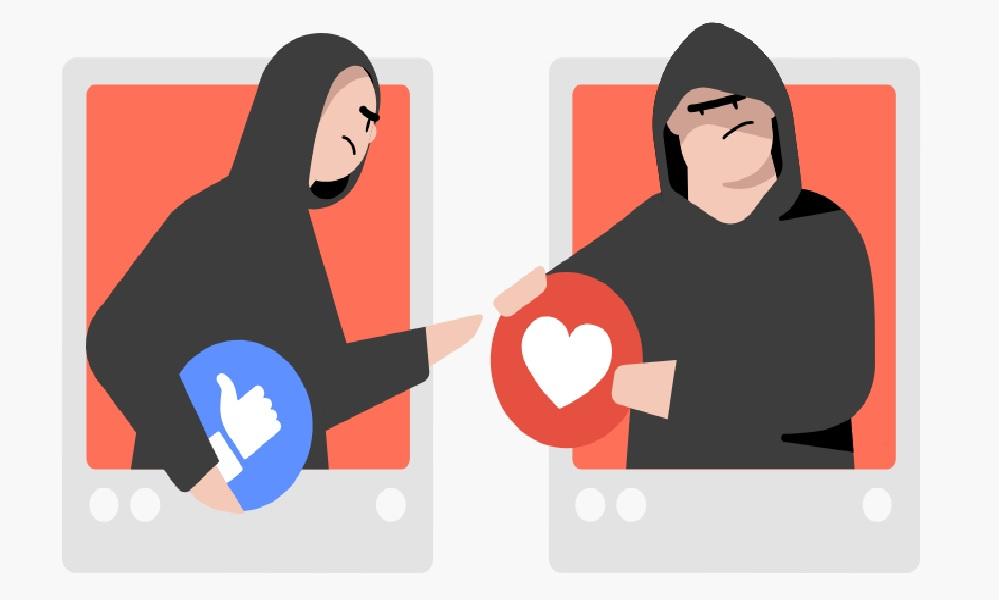
2. Exposure to Inappropriate Content
Despite moderation, some explicit conversations or inappropriate messages may slip through. This can expose teenagers to harmful interactions, including messages that contain sexual content, cyberbullying, or coercion. Since moderation relies on automated filters, inappropriate content may not always be detected, allowing disturbing messages to reach young users. This exposure can lead to emotional distress, fear, or pressure to engage in uncomfortable discussions, making it necessary for parents to stay informed about their child's online activity.

3. Privacy Risks and Data Sharing
Wizz collects user data for its algorithm and advertising. If privacy settings are not configured properly, personal information may be at risk. Users may unknowingly share sensitive details such as location, contact information, or social media links. This data can be accessed by third parties for targeted ads or, in the worst cases, exploited by cybercriminals. Adjusting privacy settings and being mindful of what information is shared is essential to maintaining online safety.
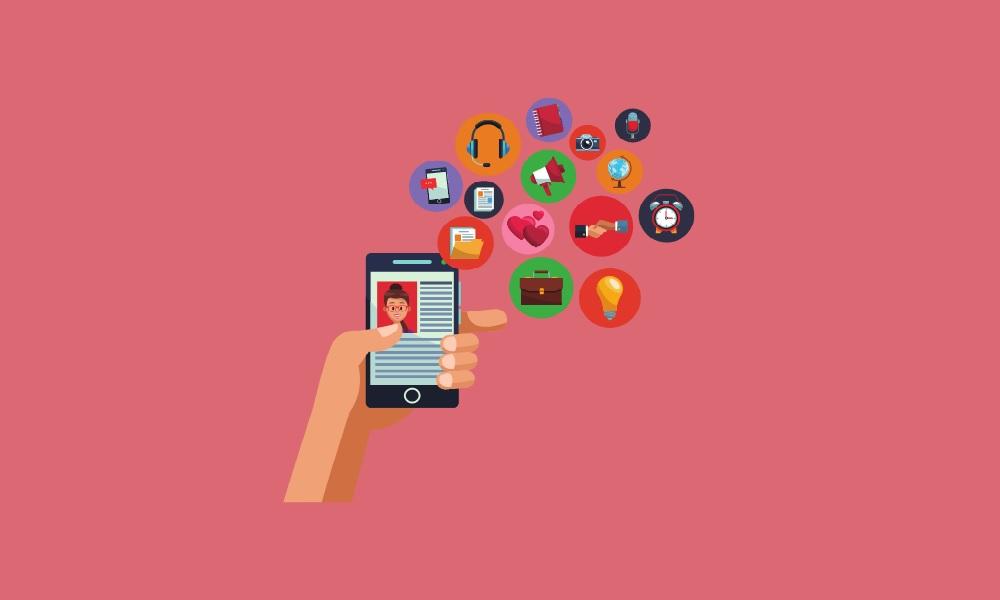
4. Cyberbullying and Harassment
Like any social media platform, Wizz can be a space where cyberbullying and online harassment occur. Users may receive offensive messages, threats, or unsolicited content, leading to emotional distress and anxiety. Since Wizz does not enforce strict moderation, harmful behavior may go unchecked, making it vital for users to report and block aggressors when necessary.
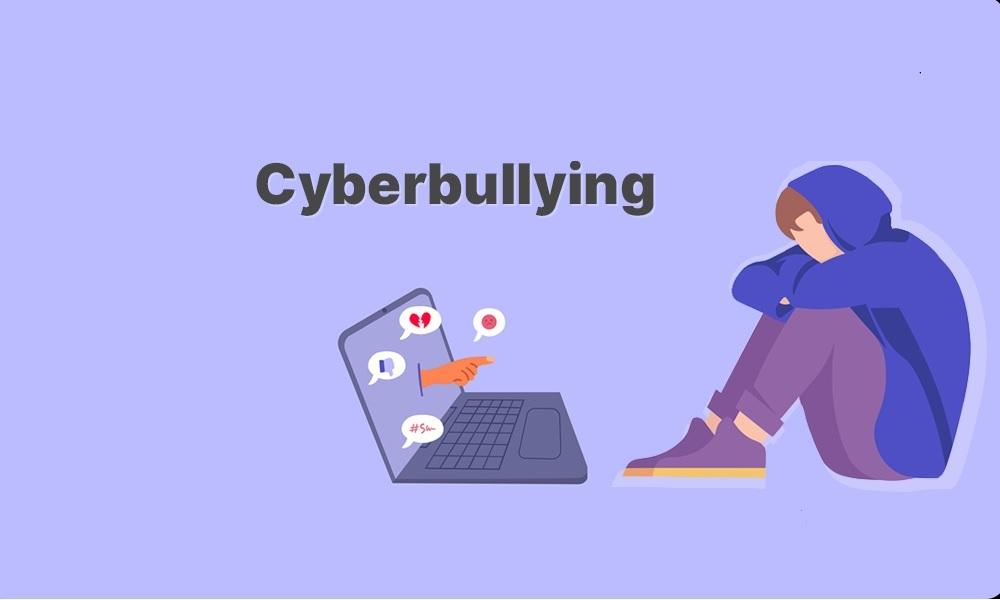
5. Addiction and Screen Time Issues
Wizz’s swipe-and-chat system can be addictive, leading to excessive screen time, which may impact sleep and productivity. The app’s design encourages continuous engagement, making it difficult for users to log off. This can negatively affect mental health, school performance, and overall well-being, especially for younger users who struggle with time management.
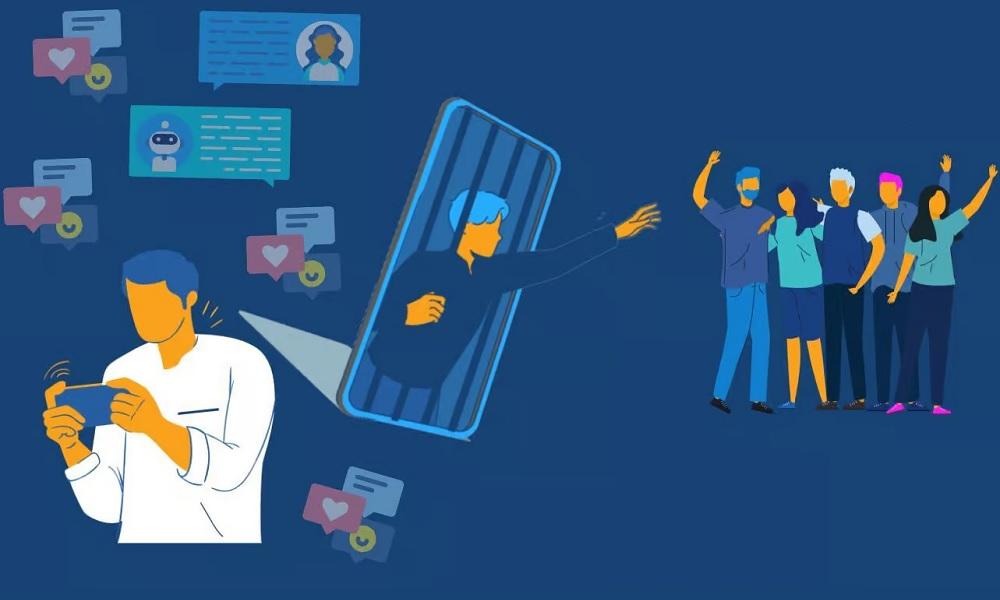
Monitor Wizz with SafeMyKid for Safety
SafeMyKid is a comprehensive parental control app designed to help parents monitor and protect their children from online threats. It provides real-time tracking of app usage, allowing parents to see which applications their child is using and for how long.
SafeMyKid also enables parents to monitor conversations, helping them detect any harmful or inappropriate interactions. Additionally, the app includes screen time management features, allowing parents to set limits on device usage to prevent excessive screen time. With these tools, SafeMyKid ensures a safer digital experience for children.
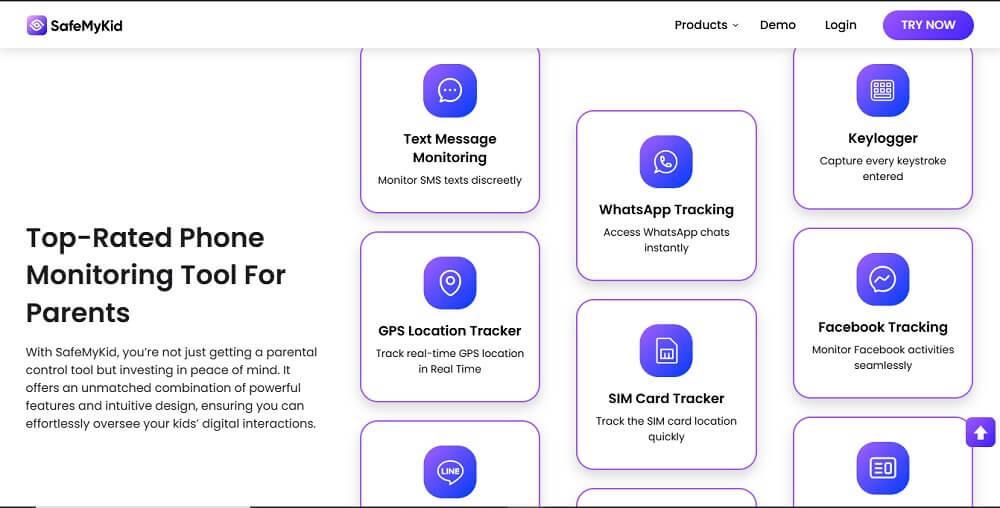
Why Use SafeMyKid for Monitoring Wizz?
SafeMyKid provides a comprehensive solution by offering advanced tracking features, content filtering, and screen time management to ensure a safer digital experience. Here’s why it stands out:
- Real-Time Monitoring – With SafeMyKid, you can track app activity in real time, including messages, call logs, and contact lists. This feature helps parents stay informed about who their children are communicating with, reducing the risk of exposure to inappropriate interactions.
- Content Filtering – The app detects and blocks harmful conversations by identifying explicit or suspicious content in chats. This proactive approach helps protect children from cyberbullying, online predators, and exposure to inappropriate material.
- Screen Time Management – Excessive screen time can negatively impact a child’s health and academic performance. SafeMyKid allows parents to set daily limits on app usage, schedule screen-free hours, and encourage a healthy balance between online and offline activities.
How to Set Up SafeMyKid to Monitor Wizz
By following these steps to set up SafeMyKid, you can gain real-time insights into your child’s app activity, helping to create a safer digital environment while respecting their privacy. Here's how to get started:
How to Monitor Wizz on Android Devices
Step 1. Sign up
Create your account using your email address.

Step 2. Set up the SafeMyKid app
Install the app directly on your child’s phone. Follow the easy on-screen instructions.
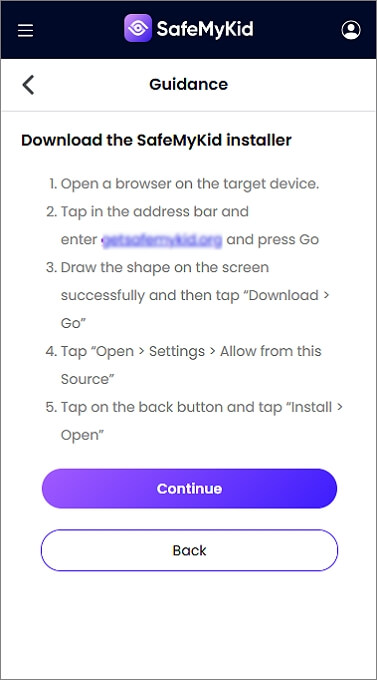
Step 3. Monitoring Wizz on Android with SafeMyKid
Log in to your SafeMyKid dashboard to monitor Wizz in real-time through SafeMyKid’s online dashboard.
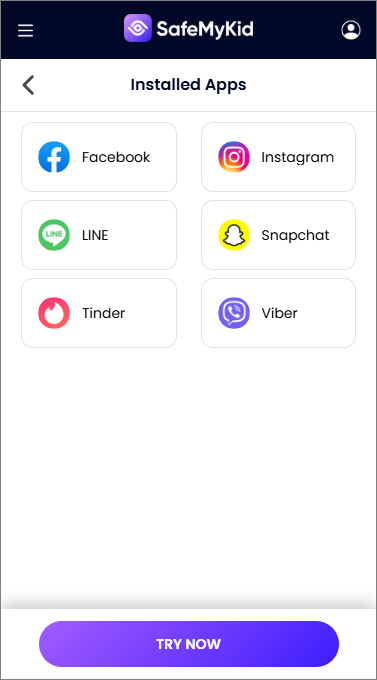
How to Monitor Wizz on iPhone
Step 1. Sign up
Create your free account by entering your valid email address.

Step 2. Configure SafeMyKid
No need to install the app! Simply set up SafeMyKid on your child’s device using only the owner’s iCloud details.
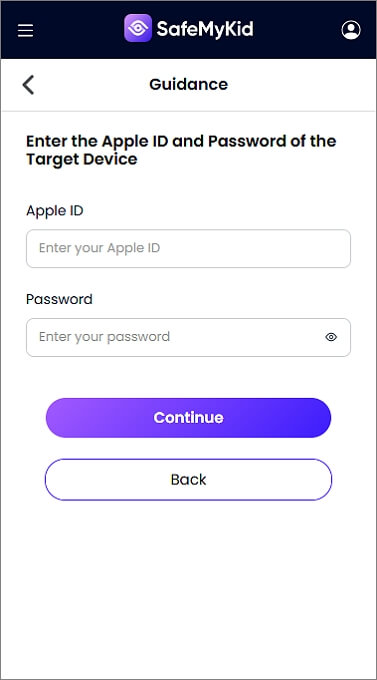
Step 3. Monitor Wizz on iPhone using SafeMyKid
Begin to use SafeMyKid to monitor your child’s Wizz usage from the online dashboard.

Why SafeMyKid is The Most Reliable Tool to Monitor Wizz
Wizz fosters unmoderated conversations, which can expose users to inappropriate content, cyberbullying, or online predators. This is where SafeMyKid becomes an invaluable tool.
SafeMyKid offers real-time app monitoring, allowing parents to track messages, friend requests, and chat activity on Wizz. Its content filtering feature detects and blocks harmful conversations, ensuring that children aren’t exposed to explicit or dangerous interactions. Additionally, screen time management helps control excessive usage, preventing unhealthy online habits.
With SafeMyKid, parents and guardians gain peace of mind by actively monitoring and securing their children's digital experience while still respecting their privacy.
Other Alternative Third-Party Monitoring Tools
While SafeMyKid is a recommended solution, other parental control apps exist. However, they come with limitations:
- Some require jailbreaking/rooting, which may compromise the device’s security.
- Limited features on iOS, restricting their monitoring capabilities.
- Higher costs without providing significantly better services than SafeMyKid.
FAQs on What is Wizz
If you're new to Wizz or considering using the app, you may have some questions about how it works, its features, and its safety measures. Below are some frequently asked questions to help you better understand what Wizz is and what to expect.
1. Can Wizz be used without creating an account?
No, Wizz requires users to create an account before they can browse or chat with others. Users must provide a phone number or social media login to sign up, though verification is minimal.
2. Does Wizz have parental controls?
No, Wizz does not offer built-in parental controls. However, parents can use third-party monitoring apps like SafeMyKid to track their children’s activity on the app and ensure their safety.
3. Can you delete messages or conversations on Wizz?
Yes, users can delete messages and conversations, but this does not guarantee that the other person has removed them. Additionally, deleted messages may not be recoverable.
4. Is Wizz available in all countries?
Wizz is available in many countries, but some regions may have restrictions due to privacy laws or app store policies. Availability may also change depending on compliance with safety regulations.
5. Can adults use Wizz, or is it only for teenagers?
While Wizz is marketed towards teenagers, adults can also use the app. This mixed-age environment raises safety concerns, as there is no strict age verification to prevent inappropriate interactions between minors and adults.
6. What happens if you get reported on Wizz?
If a user is reported for inappropriate behavior, Wizz may review their activity and issue warnings, temporary suspensions, or permanent bans depending on the severity of the violation. However, moderation is not always immediate or consistent.
Conclusion
In understanding what is Wizz, it’s clear that while the app offers a fun way to connect with new people, it also comes with potential safety risks. Although Wizz has built-in security measures, they may not be enough to fully protect users.
Monitoring tools like SafeMyKid add an extra layer of security, helping parents and guardians ensure a safer online environment. Staying informed and taking proactive steps can make all the difference in promoting responsible and secure social media usage.



